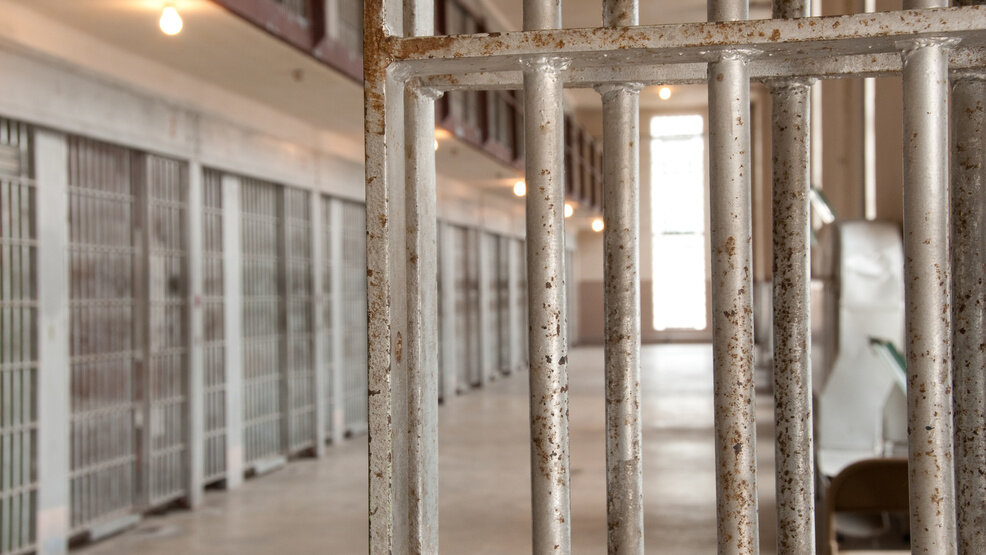
The New York Times reported on August 15, 2022 that Allen H. Weisselberg had reached an agreement with federal prosecutors to resolve his July 2021 indictment. The Times reported that the agreement would allow Weisselberg to “avoid a high-profile trial and spare him a lengthy sentence”. He was facing up to 15 years in prison.
What seemed to generate the most interest in the Weisselberg case was whether or not he would testify against the Trump Organization. He will not.
Instead, he will serve 5 months in a federal prison and repay nearly 2 million dollars. Considering Mr. Weisselberg’s net worth is estimated to be 1 billion dollars, that fine will do little to damage Mr. Weisselberg’s financial wellbeing.
Reading Between the Lines
News stories about federal indictments simplify everything. It’s understandable – there are limitations of space and time.
The Times reporter does a good job of summarizing the situation and the typical reader can understand the logic of Mr. Weisselberg’s decision.
What’s implicit in the story – and despite its grave importance – often goes unnoticed is that Weisselberg’s case is like 98% of other federal cases: they end in a plea. Only 2% of federal criminal defendants go to trial.
According to the Vera Institute, plea bargaining is a more central component to the American justice system than a trial. The US Department of Justice agrees, saying that the majority of evidence illustrates that, “… if a defendant opts to invoke the Sixth Amendment right to a trial by jury, he or she will likely have a more unfavorable outcome”.
It’s called the “trial penalty”, and it means that anyone charged with a federal offense is likely to get a longer sentence if they go to trial. There are many factors that create this reality but two that stand out:
- Mandatory minimums that require long sentences for specific crimes, thereby giving prosecutors leverage to negotiate guilty pleas
- Prosecutorial discretion which gives the prosecutor the power to decide what crimes to charge, a decision which is often influenced by factors other than the law
According to the American Bar Association, the functions of the prosecutor are to
“seek justice within the bounds of the law, not merely to convict. The prosecutor serves the public interest and should act with integrity and balanced judgment to increase public safety both by pursuing appropriate criminal charges of appropriate severity, and by exercising discretion to not pursue criminal charges in appropriate circumstances.”
Research done by the Innocence Project found that innocent people trapped in the system face enormous pressure to plea guilty. That means – plea bargains can result in false convictions. And that means, despite his plea, Weisselberg’s guilt is not a foregone conclusion.
That lack of certainty erodes the confidence American’s have in our judicial system.